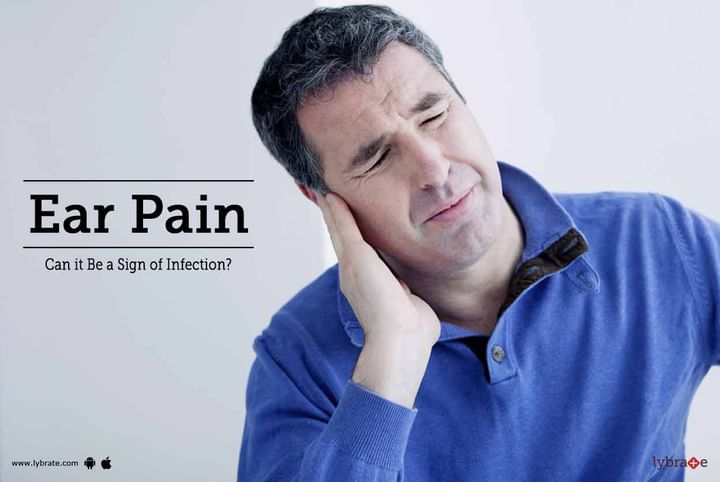Ear Pain - Can it Be a Sign of Infection?
Ear infection is a disorder which can either be viral or bacterial, affecting one’s middle ear the most. This disorder is painful as fluid accumulates in the ear leading to inflammation. Infections of the ear can either be chronic or acute in nature, the damage is more prominent in case of chronic infections. Acute ear infections can be painful but they usually fade away in a few days’ time.
Symptoms
In case of an ear infection, you will experience pain in the ear. A pressure may develop in the ear accompanied by drainage of pus from the ears. Some severe cases might also lead to loss of hearing, be it temporary or permanent. The symptoms of ear infection may develop and affect both the ears. Fever during ear infections is another common auxiliary condition.
Causes
Ear infections tend to occur when the Eustachian tubes in the ear get blocked as a result of fluid accumulation in the ear. The Eustachian tubes can get blocked due to the following reasons –
- Being affected by allergies
- Conditions such as cold can lead to ear infection
- Problems in the sinuses
- Excessive smoking
- Infected adenoid glands
In addition to the causes, there are certain risk factors which can make one prone to ear infections, some of them being:
- Narrow Eustachian tubes in children increase the risks of ear infections
- Changes in climate and altitude
- Second hand exposure to cigarette smoke
Treatment
For mild symptoms, simple home remedies will suffice. A warm compress on the affected area can reduce the pain. Taking pain relieving medications such as ibuprofen can also help in reducing pain. For moderate symptoms, antibiotics may be required to treat the bacterial infection.
If other treatments do not work, then surgery may be required. Usually tubes are inserted in the ear to drain the accumulated fluid. If it involves the adenoid glands, then surgical removal of the adenoid glands may be required. If you wish to discuss about any specific problem, you can consult an ent-specialist.



+1.svg)
